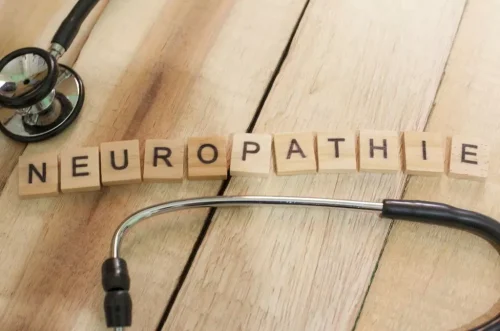How Does Alcohol Affect Your Mental Health?

If you began drinking alcohol before the age of 15, you may be more likely to have AUD, especially if you’re assigned female at birth. So far, experts believe that it’s caused by a combination of the genes you inherited from your parents and your environment. Your personality traits — for instance, how secure you feel about yourself or whether you’re prone to acting on impulse — can also play a part. About 1 in 12 adults in the U.S. are believed to misuse alcohol or have an alcohol addiction. Here, we briefly share the basics about AUD, from risk to diagnosis to recovery. This article introduces a number of AUD topics that link to other Core articles for more detail.
Treating Alcoholism and Mental Health
If you drink more alcohol than that, consider cutting back or quitting. As the loved one of someone struggling, remember that it’s ultimately up to them to manage the condition. Don’t forget to take care of yourself, too; consider seeking out your systems of support or even medical help if you’re having trouble. The pathway to healing and recovery is often a process that occurs over many years.
What are the symptoms of alcohol use disorder?
In this case, psychosis is secondary to intoxication, withdrawal, or alcohol use disorder (AUD). Alcohol-induced psychosis can happen after intoxication, during withdrawal, or it can be chronic among people living with alcohol use disorder (AUD). Pancreatitis can be a short-term (acute) condition that clears up in a few days. But prolonged alcohol abuse can lead to chronic (long-term) pancreatitis, which can be severe.

What Is Alcohol-Induced Psychosis?
If you are feeling anxious, low or experiencing any other symptoms of mental health problems, you deserve support. Alcohol has been described as ‘the UK’s favourite coping mechanism’, and many of us do drink to try and help manage stress, anxiety, depression or other mental health problems [1]. Psychotic https://ecosoberhouse.com/ symptoms in alcohol-induced psychosis are directly linked to alcohol use. They can’t be attributed to any other cause, like another underlying mental health condition. When this happens, it’s known as “secondary psychosis,” meaning it’s psychosis occurring secondary to another condition.
- People with an addiction often develop rigid routines that revolve around uninterrupted access to alcohol and other drugs; they may be irritated by schedule changes and blame their frustration on others.
- There are many organized programs that provide the support of peers, usually through frequent meetings.
- At that time, the patient had been transferred to the hospital’s alcoholism treatment unit after 2 weeks, where he had learned some of the principles that had led to his longest abstinence of 18 months.
- Behavioral treatments—also known as alcohol counseling, or talk therapy, and provided by licensed therapists—are aimed at changing drinking behavior.
- During withdrawal from heavy drinking, people may develop delirium tremens, a complication of withdrawal marked by psychotic symptoms, such as hallucinations (see Core article on AUD).
Schematic representation of a diagnostic algorithm for evaluating psychiatric complaints in patients for whom alcoholism may be a contributing factor. The algorithm helps the clinician decide if the compliants represent alcohol-induced symptoms, or an alcohol-induced syndrome that will resolve with abstinence, or an independent psychiatric disorder that requires treatment. Alcoholism is often misused by people struggling with mental health disorders. As you use alcohol over time, it can change your brain on a chemical level. This can worsen mental health disorder symptoms, creating a cycle that’s tough to break from. People with alcohol use disorder (AUD) have high rates of co-occurring mental health conditions.

Telehealth specialty services and online support groups, for example, can allow people to maintain their routines and privacy and may encourage earlier acceptance of treatment. The NIAAA Alcohol Treatment Navigator can help you connect patients with the full range of evidence–based, professional alcohol treatment providers. Whether you care for youth or adults, you are likely to encounter patients with alcohol use disorder (AUD) regularly in is alcoholism a mental illness your practice. If you or a loved one is struggling with AUD, make an appointment with a primary care provider such as a medical doctor or nurse practitioner. People with severe AUD who have used alcohol long-term may experience severe withdrawal symptoms that require medical evaluation and treatment. A healthcare provider can evaluate the AUD severity and its health impacts, refer you to specialists, and determine the appropriate treatment.
